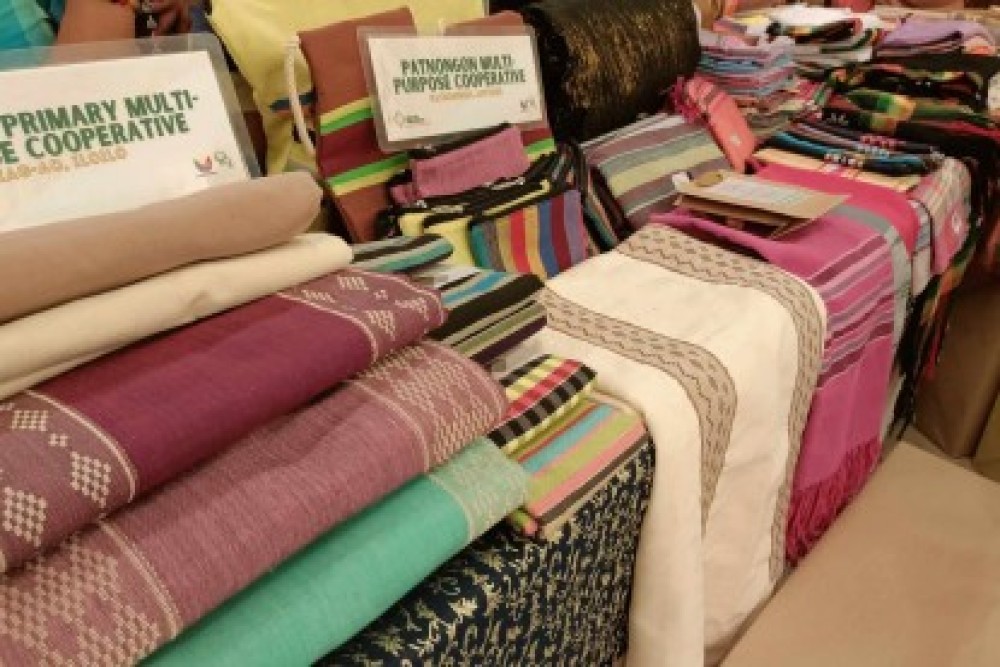Using environmentally-friendly natural fibers can be one of the keys for the local textile industry to gain competitiveness in the global market.
During the opening of the 2024 Philippine Textile Congress this week, National Scientist Emil Javier said that with the advent of the Industrial Revolution, synthetic fibers dominated the textile industry globally, while indigenous natural fibers were left to special niches and products.
“People now have discovered the value of natural products, which are not only renewable but also they are also biodegradable and good for the environment,” he said in a video message.
“And the strength of our natural products not only apply to many scenes, everyday products but also to fabrics and textiles. So this is a great opportunity for our local textile and garment industry led by PTRI (Philippine Textile Research Institute of the Department of Science and Technology) to lead in the beneficiation and improvement of our local natural fibers, and fabrics and garments that can be made out of them,” he added.
Javier said the PTRI has concentrated its efforts on natural fibers such as pineapple, abaca, banana, silk, cotton, ramie and bamboo, which can be grown in the countryside.
“(These fibers) not only provide livelihood but as importantly, they are part of our heritage and culture as a people,” he said.
For her part, National Scientist Dr. Lourdes Cruz underscored the importance of promoting the closed loop production system and circular economy model in line with Sustainable Development Goal (SDG) 12 encouraging more sustainable consumption and production patterns.
“(Sustainable consumption and production involves) the use of goods and services in a way that minimizes environmental impact, conserves resources, and promotes social equity. It emphasizes not only the choice of products but also the methods of production, distribution and disposal,” she said.
Cruz said artificial intelligence (AI) plays a role in the targets specified in SDG Goal number 12.
“AI algorithms can analyze consumer preferences and habits. AI can predict demand, optimize inventory, and reduce transportation emissions. AI technologies can facilitate the transition to a circular economy,” she added.
Cruz also cited AI for scientific discovery as among the emerging technologies of 2024.
“Advances in deep learning, generative AI and foundation models are revolutionizing the scientific discovery process,” she said, adding that AI will enable researchers to make unprecedented connections and advancements in proposing new materials.


